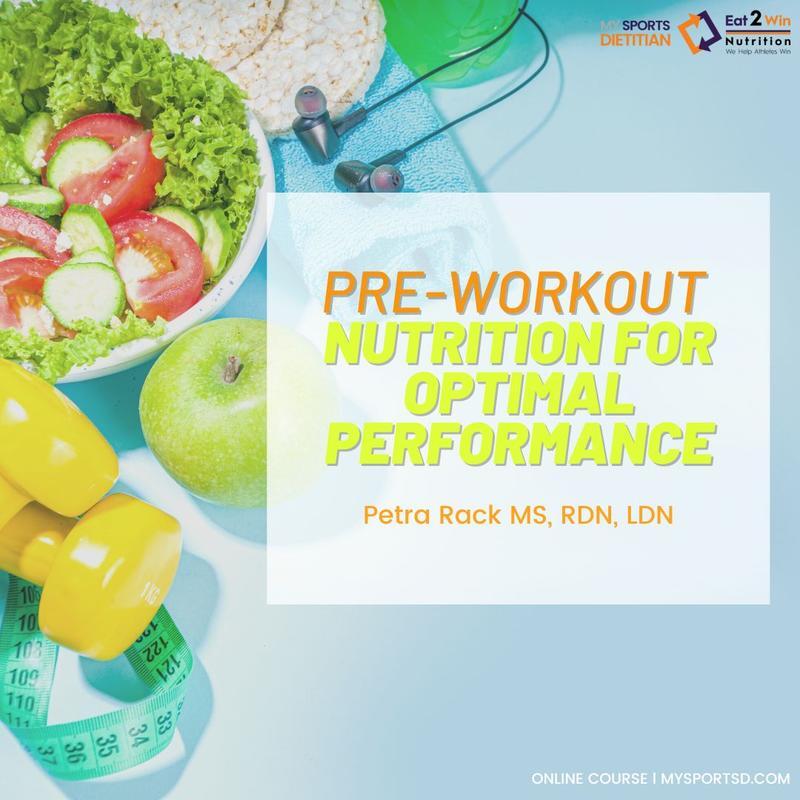
Enhance your training regimen with effective pre-workout nutrition. Learn what to eat, when to eat, and why it's crucial for maximizing your workout performance, energy, and results.
You wouldn't drive a car on an empty tank, so why train your body without the right fuel? Pre-workout nutrition is the often-overlooked secret weapon that dictates your energy levels, endurance, strength, and ultimately, the results you see from your hard work. It's more than just chugging a scoop of powder; it's a strategic plan to ensure your body has the raw materials it needs to perform at its peak.
In this guide, we'll break down the science of fueling your body, detailing what to eat, when to eat it, and why this crucial step is the key to unlocking your maximum workout potential.
Why Pre-Workout Nutrition is Non-Negotiable
Optimizing your pre-workout meal isn't just about avoiding a mid-set crash; it's about setting your body up for success at a cellular level.
The Three Pillars of Pre-Workout Fueling
A well-timed, balanced pre-workout meal achieves three main goals:
Maximize Energy Stores (Glycogen): Your body's primary fuel source for high-intensity exercise is stored carbohydrate (glycogen) in your muscles and liver. A pre-workout meal tops off these stores, delaying fatigue and keeping your muscles firing.
Minimize Muscle Breakdown (Catabolism): Protein ingestion before a workout helps initiate muscle repair before the damage even happens. This primes the muscle-building process and minimizes the breakdown of muscle tissue.
Ensure Proper Hydration: Exercise performance plummets with even mild dehydration. Your pre-workout strategy must include fluids to maintain blood volume and support optimal nutrient delivery.
What to Eat: The Essential Macronutrients
Your pre-workout meal should focus on two key macronutrients: Carbohydrates and Protein. Fats should generally be limited immediately before a workout as they slow digestion.
Carbohydrates: Your Primary Energy Source
Carbs are your engine's gasoline. The type you choose depends on the timing of your meal:
1–3+ Hours Before: Choose complex carbohydrates (low-glycemic index). These digest slowly, providing a sustained release of energy throughout a longer training session.
Examples: Oatmeal, whole-wheat toast, brown rice, sweet potatoes, bananas.
30–60 Minutes Before: Choose simple carbohydrates (high-glycemic index). These digest quickly and are perfect for a rapid energy boost if you are pressed for time.
Examples: Fruit (apples, berries), a small handful of dried fruit, or a sports drink.
Protein: The Muscle Protector
Protein delivers amino acids, the building blocks of muscle. Consuming protein pre-workout ensures a positive nitrogen balance, which is essential for muscle growth and repair.
Goal: Aim for 10–20 grams of high-quality protein.
Examples: Whey protein shake, Greek yogurt, a small piece of chicken or turkey, or egg whites.
When to Eat: Timing is Everything
The most effective pre-workout strategy is dictated by how much time you have before you hit the gym. Digestion takes energy, and you don't want your body diverting resources away from your muscles.
| Timing Window | What to Eat | Rationale |
| 2–3 Hours Before | A larger, balanced meal. Combination of complex carbs, lean protein, and a small amount of healthy fat. | Adequate time for full digestion, maximizing glycogen storage, and minimizing stomach discomfort. |
| 1 Hour Before | A smaller, easily digestible snack. Focus on simple carbs and fast-digesting protein (e.g., a shake). | Provides quick energy without sitting heavy in your stomach. |
| 30 Minutes or Less | Minimal intake. Simple carbs or liquids only. | Avoids digestive issues. Focus on a quick energy spike and hydration. |
Hydration: Don't Forget the Water!
No amount of perfect macros can offset dehydration.
Recommendation: Drink 17-20 ounces of water 2-3 hours before your workout, and another 8 ounces 20-30 minutes before you start. Sip water throughout your session.
Common Pre-Workout Nutrition Mistakes to Avoid
To ensure you have a smooth and productive workout, avoid these common fueling errors:
Eating Too Much Fat: While healthy, fats take a long time to digest and can cause cramping or sluggishness if eaten right before a workout.
Eating Too Much Fiber: High-fiber foods can cause gas and bloating during intense exercise. Save the high-fiber vegetables and beans for your post-workout meal.
Trying Something New: Never experiment with a new food or supplement right before a crucial training session or event. Stick to what your body knows and tolerates well.
Conclusion: Fuel Smart, Train Hard
Pre-workout nutrition is a foundational component of a successful fitness regimen. By strategically combining the right amounts of carbohydrates and protein at the optimal time, you are giving your body a critical advantage. This targeted fueling leads to more energy, greater strength, better endurance, and ultimately, faster progress toward your fitness goals.
Start experimenting with these guidelines today, find what works best for your body and your schedule, and watch your performance soar!
